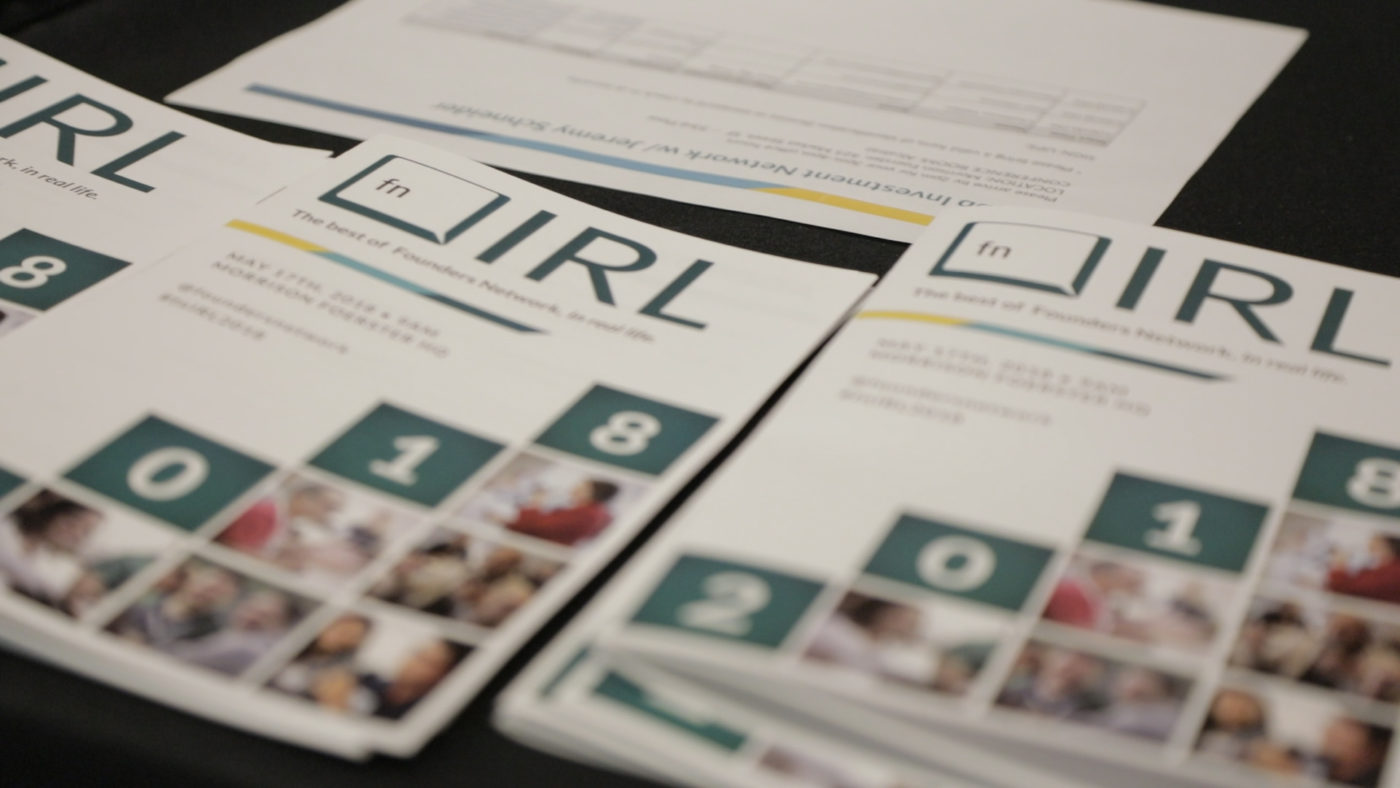
The following is a guest post from fnBlog Contributor Matthew Faustman, founder of UpCounsel. Check out other great startup advice like Startup Legal Tips and Free Legal Documents at the UpCounsel Blog.
 Independent Contractor (a.k.a. consultants, contractors, subcontractors) have always been a cornerstone of many industries. Employers see independent contracting as a great way of handling short terms projects without having to hire a full blown employee.
Independent Contractor (a.k.a. consultants, contractors, subcontractors) have always been a cornerstone of many industries. Employers see independent contracting as a great way of handling short terms projects without having to hire a full blown employee.
Independent contracting within the technology industries has exploded over the past 10 years and is only showing signs of continued exponential growth. As such, there are important points that any independent contractor or company using an independent contractor should keep in mind when entering into a independent contracting relationship.
1. The Independent Contractor’s Legal Entity
- What is it? This is a greater concern for an independent contractor. See Choosing Your Legal Entity, which has some special considerations for independent contractors on choosing a S-Corporpation (“S-Corp”) over an LLC. As explained by several attorneys and accountants, the tax savings as a S-Corp can be significant and are well worth some of the extra paper work.
- When to use? It is generally recommended that an independent contractor form some sort of legal entity vs operating as a sole proprietor. If anything, this makes your services appear more legitimate.
- What to do? See Guide To Forming A California S-Corp for step by step instructions on how to do this. Make sure to seek out an attorney to help you with this process. Please consult a tax advisor for full instructions on how to reap the maximum tax benefits.
2. Determine If An Independent Contracting Relationship Exists
- What is it? This is more of a concern for the company using the independent contractor, as there are significant penalties for misclassifying someone as an independent contractor vs an employee. Employee audits are becoming increasingly frequent in states like California and New York, so this is no small matter – even for a startup (just ask Groupon who got nailed with an employee audit in 2010). Also check out this video on the Hidden Dangers of Independent Contractors.
- When to Use? Always!
- What to do? The IRS has laid out guidelines for determining whether someone would be classified as an independent contractor or an employee. Silicon Valley Employment attorney Gary M. Gansle has also laid out some important guidelines for making this the independent contractor determination.
3. Non-Disclosure Agreement (“NDA”)
- What is it? A non-disclosure agreement protects information which is disclosed to one or more parties. It legally binds the receiver of information from improperly disclosing or using the information without the consent of the discloser.
- When to use? Prior to a formal consulting relationship being established. For obvious reasons, sensitive information must pass from the company to the independent contractor in order for the contractor to create a proposal or assess a project. An independent contractor or consulting agreement signed upon consummation of the relationship will typically contain additional confidentiality language.
- What to do? Typically the consultant will sign a one-way non-disclosure agreement with the company.
- Sample Document: One Way Non-Disclosure Agreement
4. Consulting/Independent Contractor Agreement
- What is it? The primary/master agreement which manages the relationship between a company and an independent contractor. Among other things, the agreement should establish 1) an independent contracting relationship, 2) ownership rights in any work product, and 3) confidentiality.
- When to use? Always.
- What to do? Create a Consulting Agreement. Make sure to have your lawyer review the agreement to ensure any language that eludes to an employment relationship is left out. Have the consultant and company sign the agreement.
- Sample Document: Consulting (Independent Contractor) Agreement
5. Statement Of Work (“SOW”)
- What is it? The document which describes the work to be performed under the consulting relationship. Typically, this agreement will lay out the project deliverables, milestones and payment terms. A Statement of Work is a part of the master Consulting Agreement – most often as an attachement. Depending on how the Consulting Agreement is written, the parties can execute numerous Statements of Work in an on going independent contractor relationship but the relationship is still governed by the original master Consulting Agreement (like the example above).
- When to use? Found in most consulting relationships.
- What to do? The Statement of Work is the most negotiated piece of the consulting relationship. Make sure to make the Statement of Work as detailed as you can to set the appropriate expectations.
- Sample Document: Attachement to Consulting (Independent Contractor) Agreement.
Some Cool Tools For Our Independent Contractors
| Invoicing |  |
|
| Accounting |






